East Antarctica’s Denman Glacier has retreated almost 3 miles over last 22 years
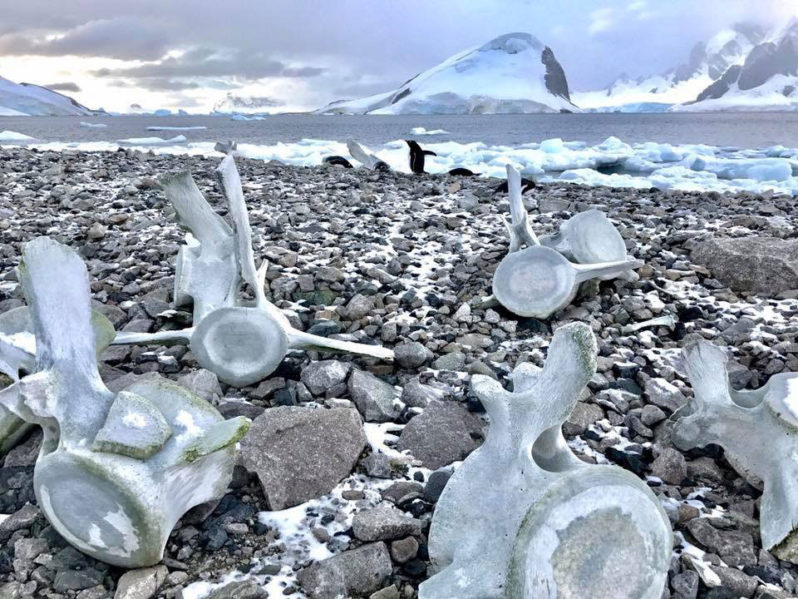
East Antarctica’s Denman Glacier has retreated 5 kilometers, nearly 3 miles, in the past 22 years, and researchers are concerned that the shape of the ground surface beneath the ice sheet could make it even more susceptible to climate-driven collapse.
Simple framework helps future ocean studies
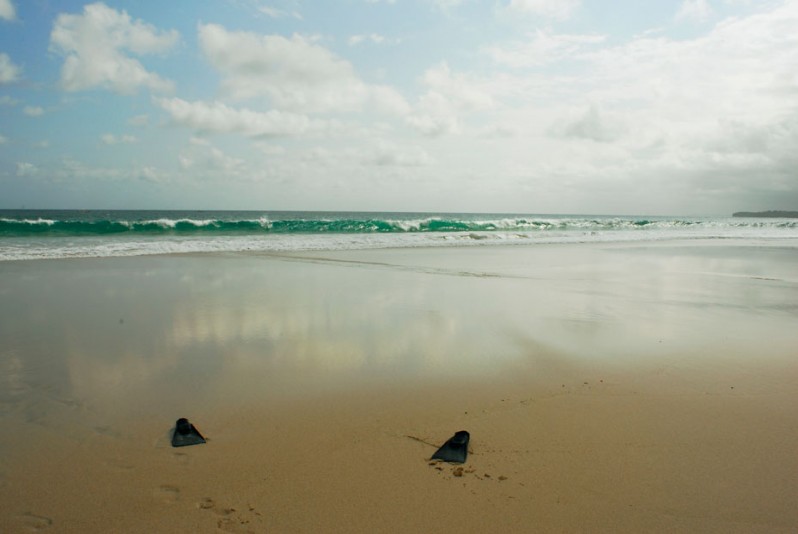
A range of information is collated through a simple framework that will help marine scientists to design more accurate experiments that will better help them understand the projected impact of global warming on marine life.
Microplastics found in a quarter of San Diego estuary fish
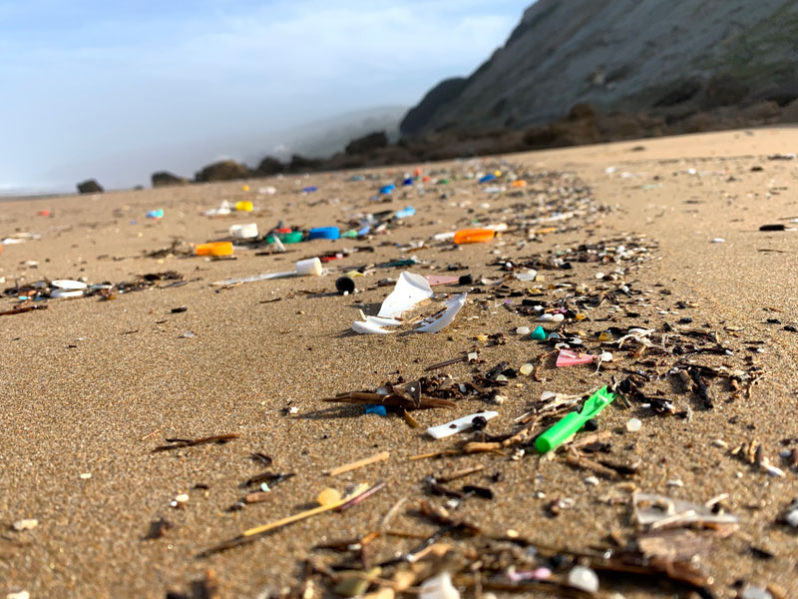
Nearly a quarter of fish collected from a San Diego stream contain microplastics. The study, which examined plastics in coastal sediments and three species of fish, showed that the frequency and types of plastic ingested varied with fish species and, in some cases, size or age of fish.
Beyond your doorstep: What you buy and where you live shapes land-use footprint
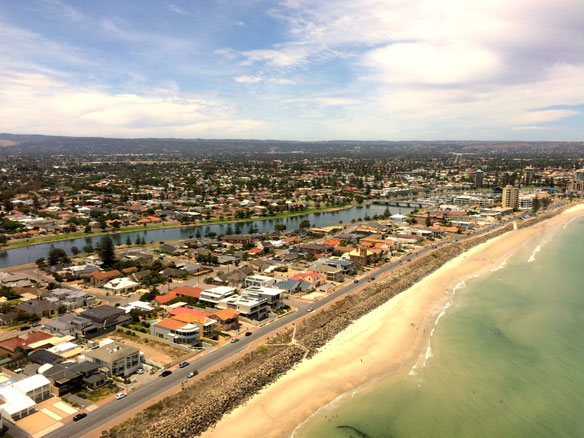
In recent years, the attention of scientists and environmentalists has turned toward how population growth and urban expansion are driving habitat loss and an associated decline in ecosystem productivity and biodiversity. But the space people directly occupy is only one part of the land-use puzzle, according to new research.
The wonder trees that nurture marine biodiversity
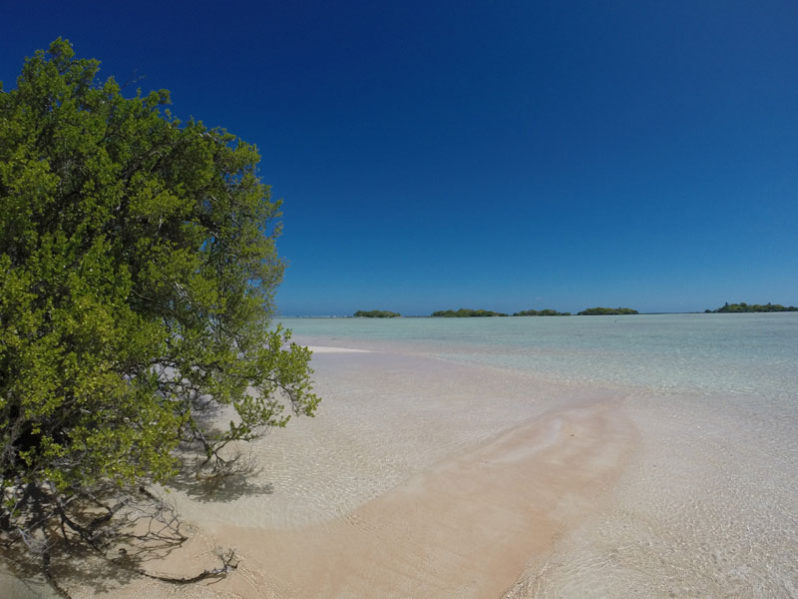
This 2020 theme for the International Day of Forests on 21 March is Forests and Biodiversity. Awareness is growing among governments and coastal communities in tropical countries of the incredible value of mangrove trees to nature and humans.
Mangrove forests protect coastlines. ‘Synthetic mangroves’ could do the same for cities.
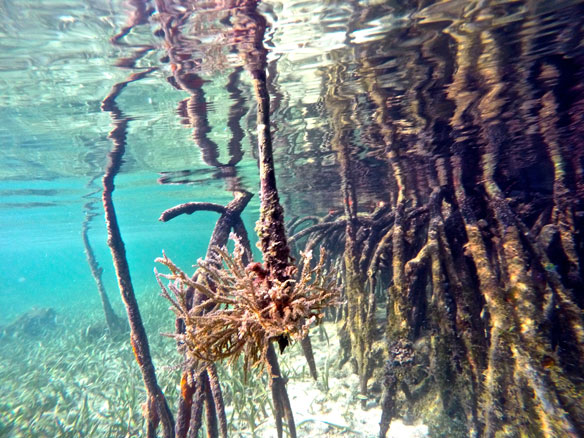
To better understand exactly how mangroves can grow in the ocean yet pump freshwater up to their leaves, engineers constructed what they’re dubbing “synthetic mangroves.” The idea for using their wannabe trees: incorporating them into the design of cities to make buildings more resilient in the face of storm surges.
Building sunken breakwaters off SC coast to halt beach erosion has unclear future
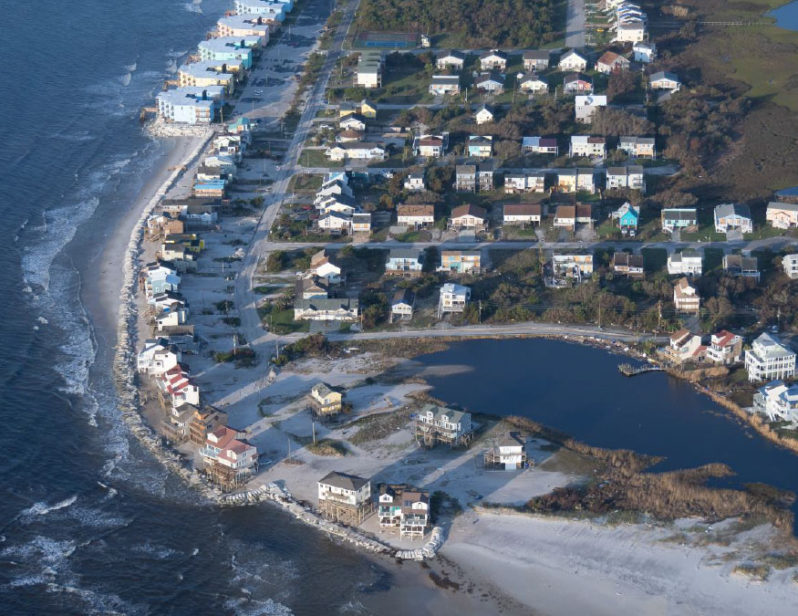
The idea — building an underwater barrier to slow down waves, and thus slow the flow of escaping sand — has coastal experts worried about disrupting the coastal flow of sand, nesting sea turtles and worsening water quality on the beach.
Venice: wildlife returns to tourist-free city
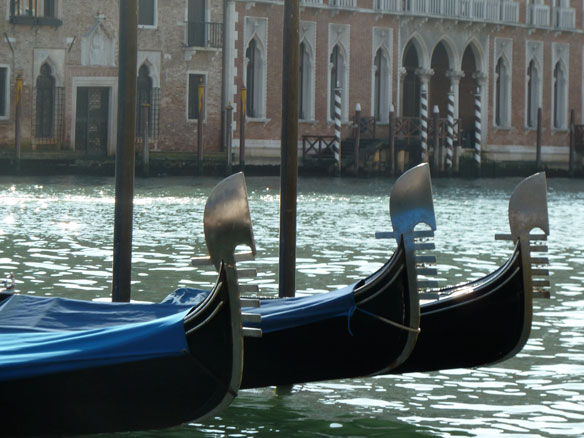
Under Venice’s strict rules of self-confinement to prevent the spread of the coronavirus, the ancient city has been transformed almost overnight. With the cruise ships gone and the souvenir stalls closed, the sanitary emergency lockdown has transformed La Serenissima’s hundreds of canals and waterways.
We’re taking coronavirus seriously. What if we did that with climate change?

There are a lot of parallels between the coronavirus and climate change. Both are existential threats that are directly affected by individual choices and actions but need coordinated, global action to slow them down. Both will hurt or kill the most vulnerable people.
